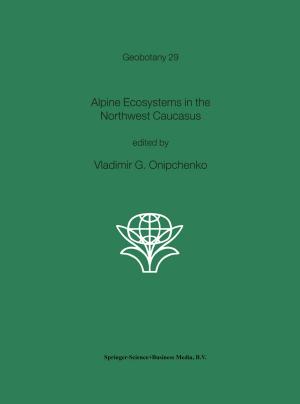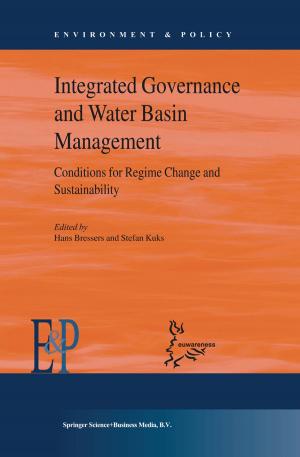Managing Biosecurity Across Borders
Nonfiction, Science & Nature, Technology, Environmental, Agriculture & Animal Husbandry| Author: | ISBN: | 9789400714120 | |
| Publisher: | Springer Netherlands | Publication: | July 3, 2011 |
| Imprint: | Springer | Language: | English |
| Author: | |
| ISBN: | 9789400714120 |
| Publisher: | Springer Netherlands |
| Publication: | July 3, 2011 |
| Imprint: | Springer |
| Language: | English |
Managing biosecurity is everybody’s business. The book’s multi-site, multi-sectoral research contributes to an holistic, evidence-based strategy for managing plant biosecurity in complex contexts. The intent is to provide a starting point for all stakeholders in the biosecurity endeavor – policy personnel at all levels of governance, planners and regional developers, non-government organizations, community groups and individuals – to plan localized strategies that ‘fit’ national needs and constraints and the way people live their lives. In putting forward a ‘strategy’, we draw on many disciplines and cultural perspectives on a problem that is fundamentally a multidisciplinary and global issue. At the same time, the contributing researchers remain aware that such a strategy is always subject to local contextual factors and influences, indigenous and local knowledge and culture, and is regarded as a tool for planning, always subject to change.
Managing biosecurity is everybody’s business. The book’s multi-site, multi-sectoral research contributes to an holistic, evidence-based strategy for managing plant biosecurity in complex contexts. The intent is to provide a starting point for all stakeholders in the biosecurity endeavor – policy personnel at all levels of governance, planners and regional developers, non-government organizations, community groups and individuals – to plan localized strategies that ‘fit’ national needs and constraints and the way people live their lives. In putting forward a ‘strategy’, we draw on many disciplines and cultural perspectives on a problem that is fundamentally a multidisciplinary and global issue. At the same time, the contributing researchers remain aware that such a strategy is always subject to local contextual factors and influences, indigenous and local knowledge and culture, and is regarded as a tool for planning, always subject to change.















